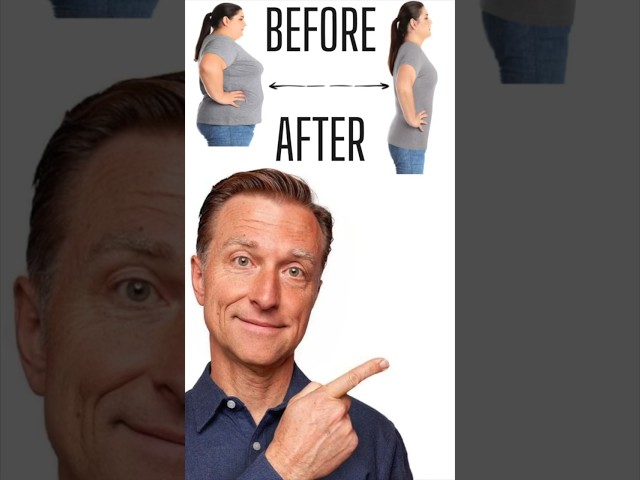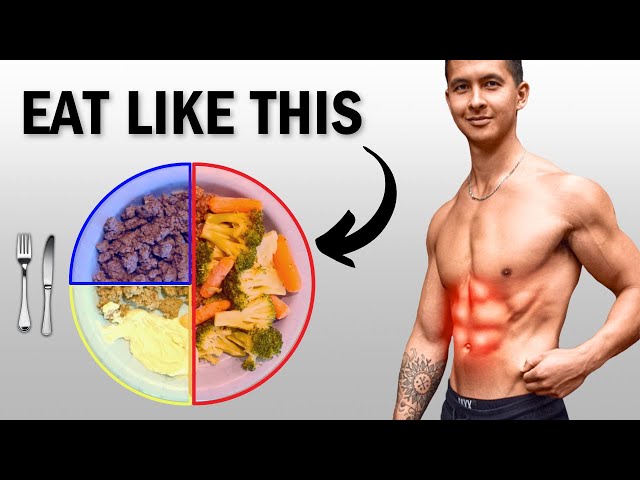
The world of keto, spurred on by health trends and diet claims on popular shows like *Shark Tank*, has led to the emergence of numerous products promising quick weight loss. Many viewers might remember the buzz surrounding these offerings, often equating success and endorsement from celebrity investors with effectiveness. But just how much truth is there behind these claims?
In a recent discussion, entrepreneur Mark Cuban took a firm stance, stating, “There has never been a keto pill featured on Shark Tank.” This assertion has stirred a lot of conversations online, particularly regarding products like keto gummies that swept across social media claiming to be related to the show.
For viewers who followed the hype, these ads, often featuring attractive promises alongside images of *Shark Tank* panel members, created a compelling narrative. But many found they were duped as they discovered that such products were not only unrecognized by the *Shark Tank* team but were often tied to scams. AARP warned consumers to be vigilant against these schemes, emphasizing that if it’s not on the official *Shark Tank* website, it’s likely not legitimate.
With a reported surge in keto-related products claiming *Shark Tank* fame, one broker of fact said, “We’ve seen countless examples of deceptive marketing. It’s crucial for consumers to verify any product’s claims before investing,” highlighting the importance of due diligence.
One significant example of confusion in the keto realm involved so-called 'Royal Keto Gummies.' Initially advertised as a product that won over the Sharks, it was later revealed to be entirely fictitious. A spokesperson stated, “Many of these ads are created by scammers who exploit the *Shark Tank* brand—it's disheartening for legitimate businesses.” Investigative efforts from trusted media outlets confirmed that no such investment occurred on the show.
Let's take a closer look at the keto offerings that did appear on Shark Tank. In one notable pitch, sisters Anna and Samantha Martin presented a product with weight loss claims. While they gained a substantial investment, there remains skepticism surrounding the effectiveness of such weight loss pills. They marketed their solution as one that could naturally slow fat production and curb cravings, but many health professionals question the sustainability of relying on supplements versus diet and lifestyle changes.
As the keto diet continues to rise in popularity, it is marketed as a method encouraging the body to burn fat for fuel by severely restricting carbohydrate intake. Supporters affirm that it can lead to increased energy and significant weight loss for many. Harvard Health even mentions, “In the short term, a keto diet might be effective,” citing rapid initial weight loss due to water weight reduction.
However, challenges arise when individuals attempt to maintain these diets over time. While they may find that they can lose weight initially, many struggle with keeping that weight off and reverting back to old eating habits. Nutrition experts advocate for a balanced diet instead, where healthy sources of fats and proteins take precedence, coupled with regular physical activity.
Critically, the mythology surrounding keto products sold under the stewardship of *Shark Tank* continues to overshadow the potential risks associated with these diets. The recommendations of influencers and endorsements can lead to misguided trust, causing consumers to chase after quick fixes without understanding the broader implications on their health. Sarah, a keto dieter who initially felt encouraged by the products, shared: “I was drawn in by the ads. It seemed so legit! But when I tried them, I just felt let down.”
The conversation around *Shark Tank* and keto products is not merely about skepticism but also about responsibility—both for the companies promoting these features and the consumers preparing to invest their money. As consumers navigate these waters, one prevalent inquiry remains: How does one authenticate the claims made by diet products?
It is essential for consumers to conduct thorough research before purchasing any health products positioned with endorsements. Verified information and testimonials play a critical role in making informed choices. Moreover, always consider consulting healthcare professionals before making significant dietary changes or when incorporating new supplements.
While the keto diet and products related to it may have a place in some regimens, the paths to achieving health and wellness should be strategic, grounded in factual information, and supported by sustainable practices. Amidst the clouds of misconception and marketing tactics, making informed decisions will ensure a healthier journey.
So the next time a product triumphantly declares its connection to *Shark Tank*, take a moment. Verify its claims, understand its ingredients, and, most importantly, assess how it aligns with long-term health goals.







